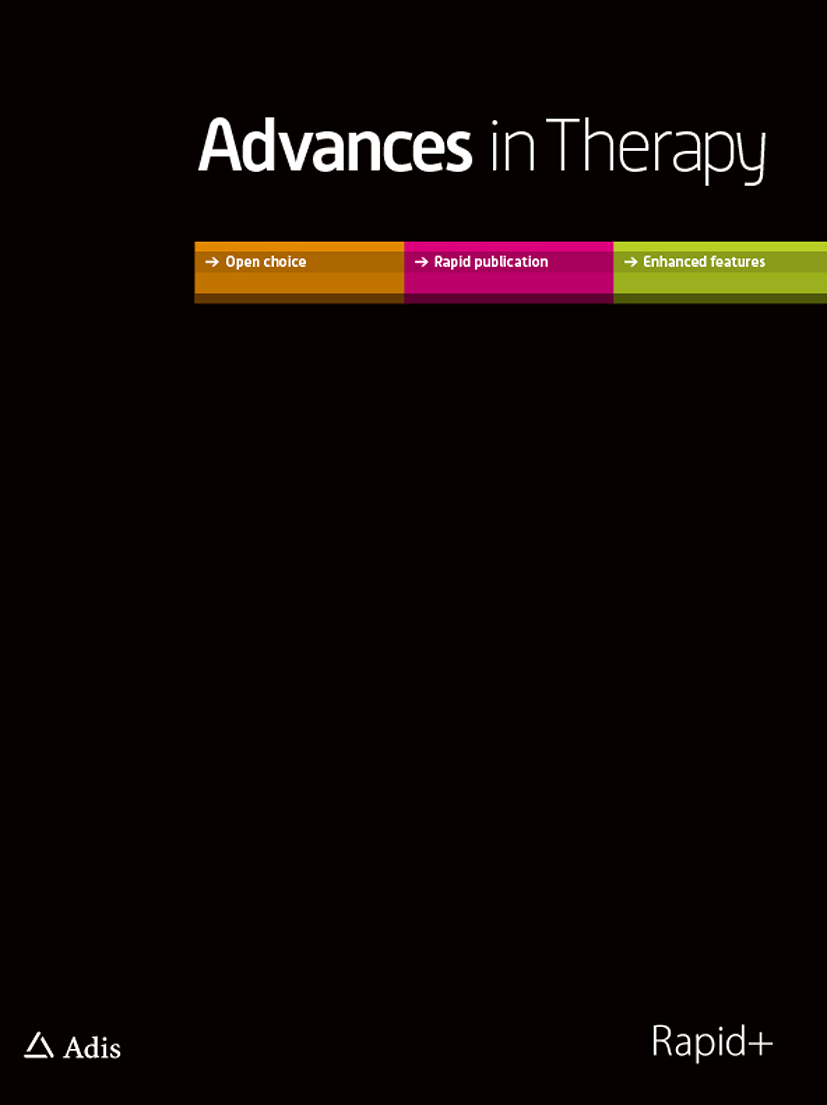madman
Super Moderator
* These effects can be life-altering and can lead to social withdrawal, relationship strain and reduced capacity to work. With key neurotransmitter systems including serotonin, allopregnanolone and gamma-aminobutyric acid (GABA) being modulated by fluctuating levels of oestradiol, progesterone and testosterone, some women experience severe hormonally related depression and suicidality, as evidenced by the peak of women's suicide rates in midlife.


 link.springer.com
link.springer.com
Abstract
Menopause is more than simply the end of menstrual cycles or having hot flushes—it marks a time of profound hormonal change which can cause a range of symptoms from poor sleep to anxiety, low mood, cognitive decline and difficulties with memory. These effects can be life-altering and can lead to social withdrawal, relationship strain and reduced capacity to work. With key neurotransmitter systems including serotonin, allopregnanolone and gamma-aminobutyric acid (GABA) being modulated by fluctuating levels of oestradiol, progesterone and testosterone, some women experience severe hormonally related depression and suicidality, as evidenced by the peak of women's suicide rates in midlife. Despite National Institute of Clinical Excellence (NICE) guidance recommending hormone replacement therapy (HRT) as a first-line treatment for perimenopausal mood disturbance, inconsistencies in clinical knowledge and lack of clinician awareness and confidence in prescribing HRT leave many women feeling unsupported and struggling to improve. By providing individualised menopause management through a biopsychosocial lens, supported by improved clinician training and further research, and offering treatment such as HRT alongside lifestyle and psychological support, there is potential not only to transform the lives of affected women but also to safeguard their long-term health. With nearly 40% of women’s lives spent post-menopause, combined with the extensive amount of time women sometimes spend in perimenopause (up to 12%), when mental health challenges are noted to be most acute, effective menopause management should be an urgent public health priority.
Conclusions
Hormone flux in midlife and at other life stages warrants increased attention when managing women's health and wellbeing. The impacts of oestradiol, progesterone and testosterone on different organ systems is well documented, including the heart, bones and the brain. These hormones impact neurotransmitters such as serotonin and GABA. Fluctuations in these hormones and their decline can lead to widespread symptoms and problems with both physical and mental health. Conditions such as ADHD can worsen or be unmasked, and symptoms of premenstrual disorders such as PMS and PMDD can escalate while hormones are in flux. Recognising this is the first step that practitioners and patients need to take. The second step is action in this area with replacement and optimisation of hormones alongside other treatment options, with research into women’s hormonal health being prioritised to advance and improve patient management in this pivotal and important realm. As clinicians, we owe this to women now suffering from, and in dedication to the women already lost to, menopause.

Menopause and Mental Health - Advances in Therapy
Menopause is more than simply the end of menstrual cycles or having hot flushes—it marks a time of profound hormonal change which can cause a range of symptoms from poor sleep to anxiety, low mood, cognitive decline and difficulties with memory. These effects can be life-altering and can lead to...
Abstract
Menopause is more than simply the end of menstrual cycles or having hot flushes—it marks a time of profound hormonal change which can cause a range of symptoms from poor sleep to anxiety, low mood, cognitive decline and difficulties with memory. These effects can be life-altering and can lead to social withdrawal, relationship strain and reduced capacity to work. With key neurotransmitter systems including serotonin, allopregnanolone and gamma-aminobutyric acid (GABA) being modulated by fluctuating levels of oestradiol, progesterone and testosterone, some women experience severe hormonally related depression and suicidality, as evidenced by the peak of women's suicide rates in midlife. Despite National Institute of Clinical Excellence (NICE) guidance recommending hormone replacement therapy (HRT) as a first-line treatment for perimenopausal mood disturbance, inconsistencies in clinical knowledge and lack of clinician awareness and confidence in prescribing HRT leave many women feeling unsupported and struggling to improve. By providing individualised menopause management through a biopsychosocial lens, supported by improved clinician training and further research, and offering treatment such as HRT alongside lifestyle and psychological support, there is potential not only to transform the lives of affected women but also to safeguard their long-term health. With nearly 40% of women’s lives spent post-menopause, combined with the extensive amount of time women sometimes spend in perimenopause (up to 12%), when mental health challenges are noted to be most acute, effective menopause management should be an urgent public health priority.
Conclusions
Hormone flux in midlife and at other life stages warrants increased attention when managing women's health and wellbeing. The impacts of oestradiol, progesterone and testosterone on different organ systems is well documented, including the heart, bones and the brain. These hormones impact neurotransmitters such as serotonin and GABA. Fluctuations in these hormones and their decline can lead to widespread symptoms and problems with both physical and mental health. Conditions such as ADHD can worsen or be unmasked, and symptoms of premenstrual disorders such as PMS and PMDD can escalate while hormones are in flux. Recognising this is the first step that practitioners and patients need to take. The second step is action in this area with replacement and optimisation of hormones alongside other treatment options, with research into women’s hormonal health being prioritised to advance and improve patient management in this pivotal and important realm. As clinicians, we owe this to women now suffering from, and in dedication to the women already lost to, menopause.












